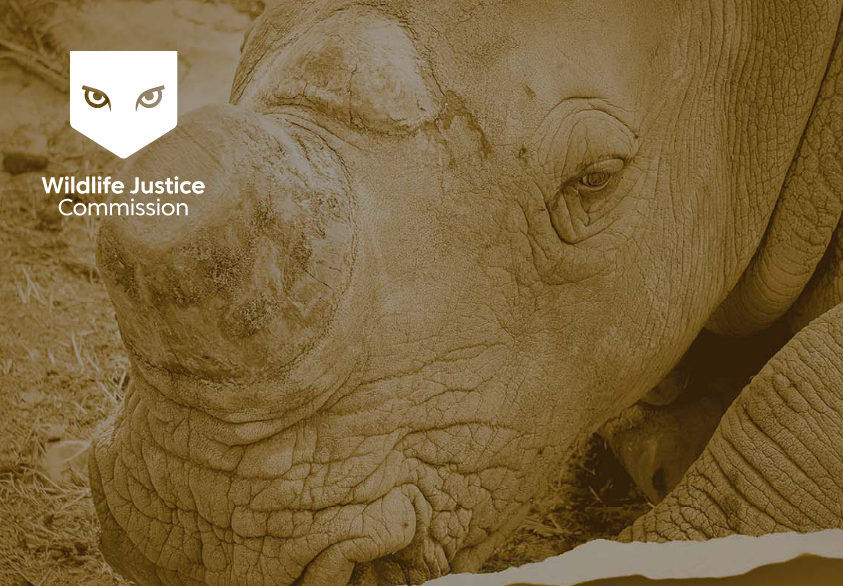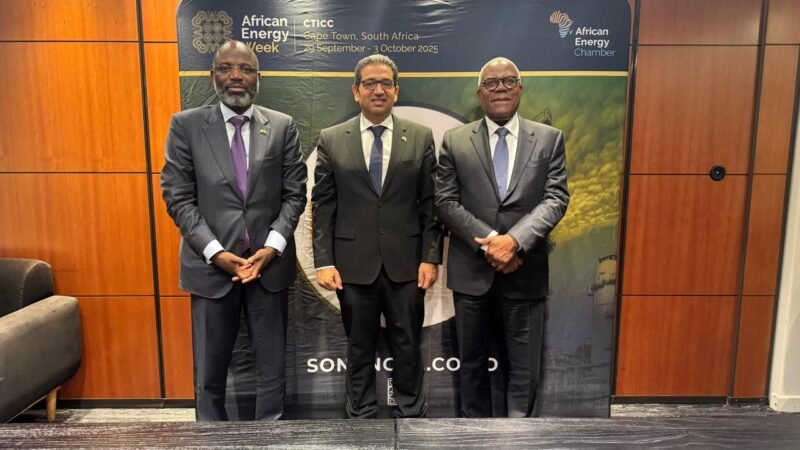Wildlife Justice Commission report finds wildlife trafficking not treated as serious crime

The Wildlife Justice Commission (WJC) has warned that wildlife trafficking is not being treated with the seriousness it deserves under national laws, despite being recognised internationally as a transnational organized crime.
In its latest report, the commission examined how the United Nations Convention against Transnational Organized Crime (UNTOC) has been incorporated into domestic legislation and how it is being used to disrupt wildlife trafficking networks. With criminal groups increasingly controlling the trade, the report says many states have yet to apply UNTOC’s full range of tools — including money laundering measures, asset recovery, joint investigations and undercover operations — to wildlife crime cases.
Olivia Swaak-Goldman, executive director of the WJC, said the findings reflect both progress and ongoing shortcomings. “This report reflects both the progress made and the challenges ahead in ensuring wildlife trafficking is treated as the serious transnational crime it is,” she said. “Its findings are a call to action for sustained strategic enforcement, international cooperation, and investment in the tools and partnerships proven effective in disrupting organized crime.”
Case studies expose enforcement and sentencing gaps
The report draws on research from 19 countries most affected by the rhino horn supply chain. It analyses the criminalization of wildlife offenses, the penalties applied in practice, and the extent to which UNTOC provisions are being used.
Ten rhino horn trafficking cases are highlighted to show how enforcement and sentencing play out in real prosecutions. According to the commission, weak penalties, uneven use of investigative tools and limited cross-border cooperation continue to undermine efforts to dismantle trafficking networks.
Recommendations for stronger implementation
The WJC recommends that states strengthen domestic laws by incorporating UNTOC provisions more fully, increase penalties for serious wildlife crimes, and prioritize cross-border investigations and asset seizures. The report also provides best practices and lessons that extend beyond rhino horn cases, offering insights for the global fight against wildlife trafficking and other environmental crimes.
The full report, Is wildlife trafficking being treated as serious crime? A review of criminal offenses, penalties, and implementation of the United Nations Convention against Transnational Organized Crime, is now available from the Wildlife Justice Commission.



